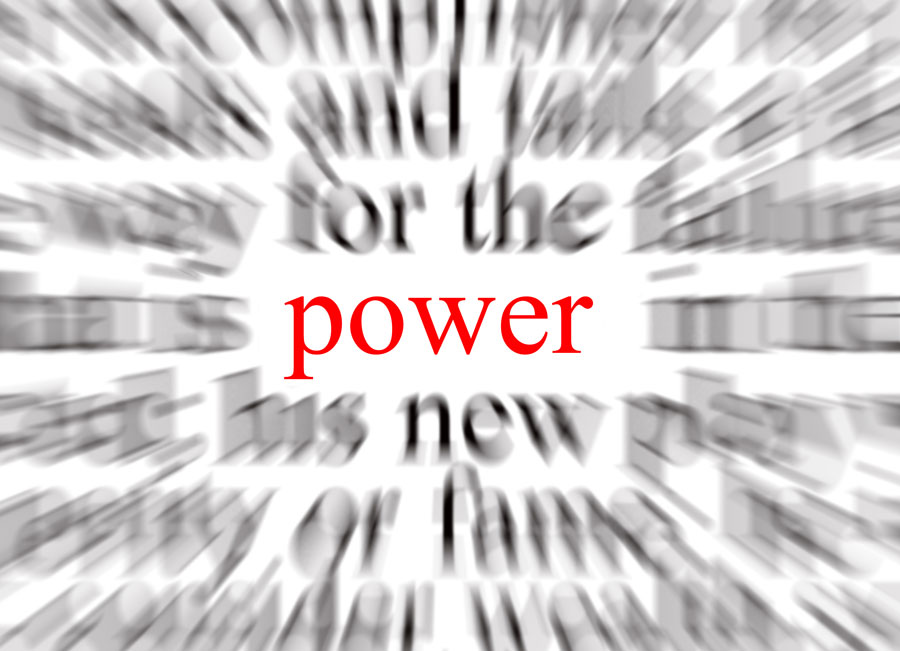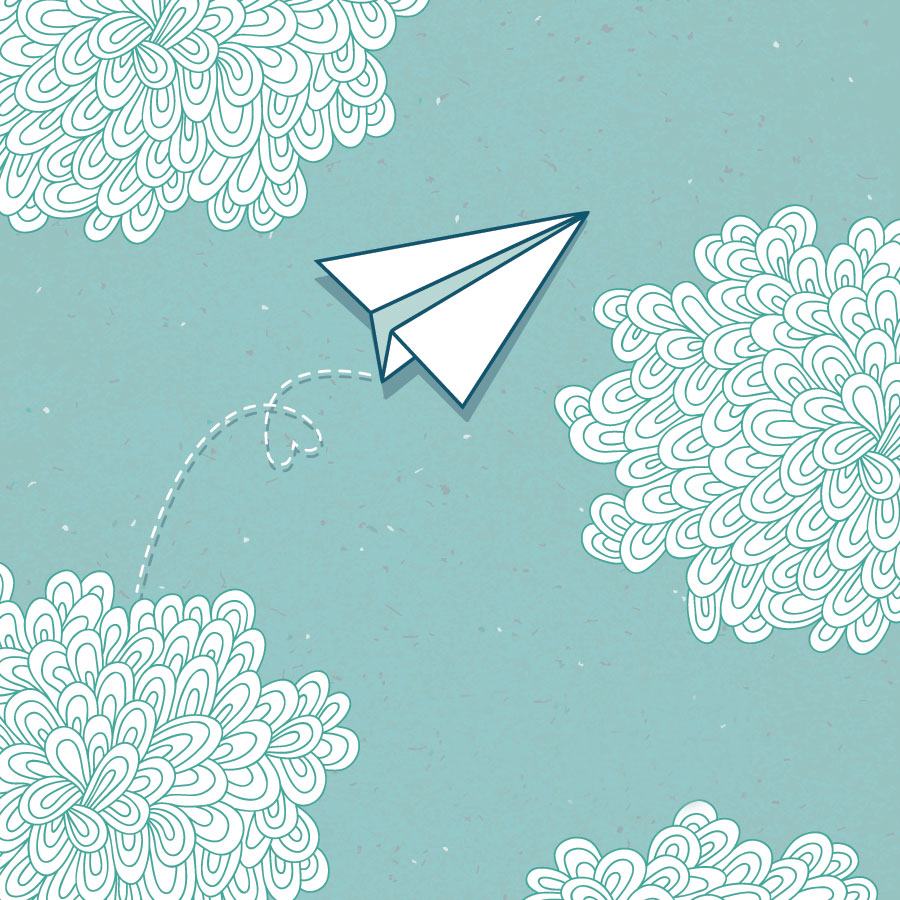Perhaps my voice serves as an echo. Perhaps all of ours do.
Years ago, a friend showed me a study where a microphone was submerged in water and a single word was spoken into it. Photographs were then taken of the individual molecules to show the effect words had on them. “Beautiful” looked like a snowflake, “hate” like shattered glass. It appeared words were not only a means by which to communicate but also an echo of what lies in the soul.
When I first considered the possibility of writing columns, I began to peruse articles and websites in search of ideas. I reviewed the editorial pages of my local paper, in particular. I had no idea why I would ever consider subjecting myself to such artistic scrutiny, but the reason had to be somewhere.
And then, I saw it. A tiny blurb in the paper, eight lines long, bottom fold. Insignificant, maybe. But it mentioned a YouTube video about the power of words that was worth watching, so I did. In it, a well-dressed woman walks by a blind man sitting on a busy sidewalk. He has a collection cup and a sign asking for help. Taking a pen from her jacket, the woman re-writes his sign with a few choice words. Simple. Strong. Thought-provoking. Her words found a way to touch people — and inspired their generosity.

When I first saw that video in the summer of 2011, the website had about 200,000 views. A respectable number, I supposed, except that the site had been up for more than a year. Had most people who watched this two-minute clip not found the message as moving as I had? Did they not see the good in it as worth passing along? I found myself pondering the blatant and obscure. More specifically, the immeasurable impact of our words.
Even my oldest son, who was in second grade at the time, had a writing project that offered insight. The assignment was to create a journal at the beginning of the school year and have it sent to one person and then another with the hope of it traveling around the world. Each recipient was to mail a postcard noting the journal’s safe arrival at a particular location. The journal was to be returned to the school in April filled with entries from the places it had been. My son sent his to my father first, and off it went from there.
During the year, postcards came from New York, Paris and India. But then, in March, we found out the journal had been sent to Japan — three days before the devastating earthquake that triggered a tsunami killing more than 15,000 people and leaving at least that many missing. My husband and I explained to our boys that the journal was probably lost, and while it was an exciting project, what was most important was the people, their lives, and their healing.

And then one day, not too long after these devastating events occurred, a postcard arrived in the mail at my son’s school. It had a tiny maple leaf taped to it and a lovely, golden blossom. The colorful stamps were of Nippon animated characters. It said simply: “Hello; It safely reached Japan.” Of course, we were all elated. Soon afterward, the journal itself arrived.
When my son brought his journal home from school, our family read it right away. In neatly printed Japanese kana characters, two young brothers, Kazutaka age 9 and Taro age 7 (close to my own sons’ ages at the time) wrote about the city of Kawagoe in the Saitama Prefecture, or district, of Japan. An English translation was attached, courtesy of my father’s friend Kazumi and his wife Kazue, who helped facilitate the journal’s voyage there. In the entry, the boys wrote about the town’s many temples and how it had the trace of a castle. They told about the Kawagoe festival in autumn and the scarecrow festival when rice fields are decorated with the hope of a good harvest. They also told of the earthquake that occurred in the Tohoku region of their country. “When the earthquake happened, (we were) very scared,” they wrote. “And the tsunami came afterwards, many people (were) injured, died, lost houses and lost the family.”
They went on to say their region suffered minimal damage and they were glad to see people from around the world helping their country. And then, suddenly, the entry concluded with: “We have lot of cherry blossom bloom in spring. Japan is beautiful in the spring season.”
A beautiful echo in the wake of unspeakable destruction. An echo, I thought, worth passing along.
And what of the website with 200,000 hits? As of January 2016, the number jumped to more than 24 million. The power of words indeed.
See for yourself at bit.ly/bCVAAs.



 Rachel Tribble
Rachel Tribble 